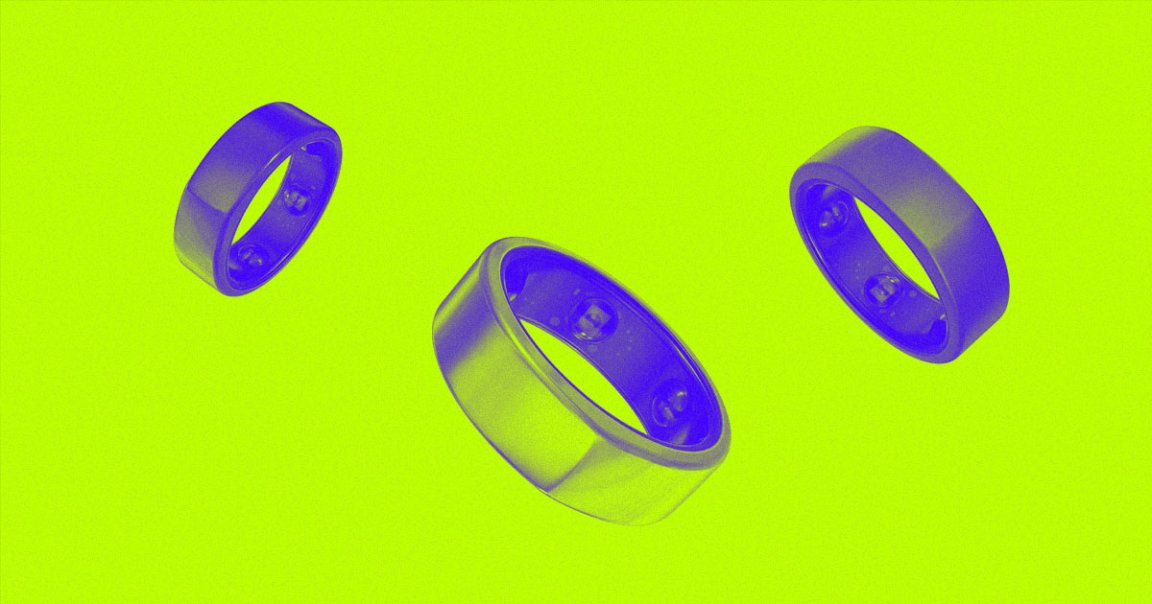
One of the greatest challenges to managing the COVID-19 pandemic is that people with the disease can spread it to others before they even realize they’re sick.
In order to give those asymptomatic carriers an earlier warning sign to stay home, scientists are gathering biometric using a smart ring wearable made by Oura Health to hunt for patterns that indicate someone caught the coronavirus.
When the experiment began in early April, the West Virginia University Rockefeller Neuroscience Institute scientists running the project said that they could predict with 90 percent accuracy that someone was about to develop coronavirus symptoms 24 hours before they began. Now, a month and a half later, the team says it can predict cases of COVID-19 up to three days before any symptoms.
That’s three extra days of mitigated exposure that coronavirus carriers can now spend safely at home under self-isolation instead of potentially infecting others — if the device’s claims hold up.
Back in April, lead researcher and director of the Rockefeller Neuroscience Institute Dr. Ali Rezai told Futurism that he hopes the wearable can help protect frontline healthcare workers — and their patients — by rotating them in and out of work as they get these early warnings that they’ve been infected.
“The holistic and integrated neuroscience platform developed by the [Rockefeller Neuroscience Institute] continuously monitors the human operating system, which allows for the accurate prediction of the onset of viral infection symptoms associated with COVID-19,” Rezai said in a press release. “We feel this platform will be integral to protecting our healthcare workers, first responders, and communities as we adjust to life in the COVID-19 era.”